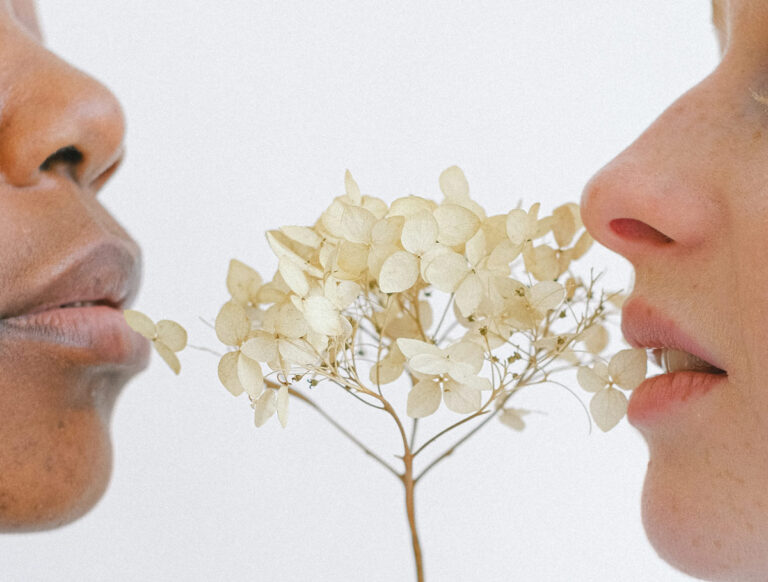Love Island is accepting LGBTQ+ singles for its 2021 summer series

Love Island just got a whole lot better—and more inclusive. And it’s about time! After having teamed up with Tinder prior to its summer 2021 edition in order to cast and find new contestants, it has now been revealed that some of the ads run by the show on the dating app target both straight and gay users. “Our only stipulation for applicants on Love Island is that they are over 18, single, and looking for love,” a representative for ITV told the Daily Star. Is this summer’s Love Island finally going to be LGBTQI+ inclusive?
Although the change has been demanded and awaited by many, executive producer Richard Cowles noted that opening the series to queer couples would inevitably complicate things. “It is not impossible and it is not something that we shy away from… but there is a logistical element which makes it difficult,” Cowles previously explained in 2017.
However, ITV’s Head of Digital Channels, Paul Mortimer, had quickly rebuked Cowles’ suggestions. Speaking at the Edinburgh TV Festival, Mortimer claimed that an LGBTQ+ version of the show would simply not work. “The format doesn’t really allow it. If you’re familiar with the programme, it’s about coupling and recoupling,” he said, adding that “To complicate it with same-sex relationships is to take something away from the format.”
Not Tinder sending Love Island application adverts to my gay ass pic.twitter.com/cL4vFQYC2Q
— coldbloodedtom (@coldbloodedtom) March 26, 2021
So far, in previous seasons, Love Island has only featured a handful of bisexual contestants, while others came out after being on the show. Katie Salmon was the first bisexual contestant to appear on the show and had a relationship with fellow islander, Sophie Graydon, in 2016.
Throughout his time in the Love Island villa, Curtis Pritchard’s masculinity and sexuality were constant topics of speculation. Even after the end of the season, speculations continued during an awkward interview on Good Morning Britain where it was alleged that Pritchard was forced to label himself as bisexual by the two hosts.
In June 2019, Love Island participant Megan Barton-Hanson came out as bisexual in an interview with The Sun. “I first fell in love with a girl when I was 16, but it wasn’t even in a sexual way,” she told the tabloid. “I never saw her just in that way, but we’d hang out, and one thing led to another. We would do everything together. I found her more and more attractive, and not even the way she looked, just like the way she was in general.”
Barton-Hanson further revealed that she originally auditioned for the third season of Love Island and was open about her sexuality, telling the producers that she felt like she was “more into girls.” However, she thinks she wasn’t accepted because it “put them off.”
When she was finally accepted for the show in 2018, she was afraid of revealing her sexuality to her fellow contestants as well as the general public. “In Love Island I already felt I had a stigma attached to me because of being a stripper,” Barton-Hanson admitted. “I didn’t want to add to it by revealing I like girls as well.”
It’s also been argued that the recent change was possibly prompted by the success of ITV2’s LGBTQ-inclusive Love Island replacement titled The Cabins, which sees paired-up singletons (both straight and queer) share a cabin for 24 hours.
If this season does include different sexualities, it remains unclear how exactly Love Island’s format will be altered to accommodate couples pairing.
“The upcoming series will also incorporate COVID safety measures and increased checks on mental health following the suicides of Caroline Flack, Sophie Gradon and Mike Thalassitis after their time on the show,” reports PinkNews. Love Island is scheduled to begin filming in June.





